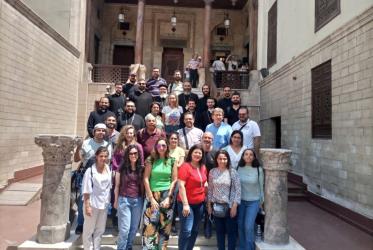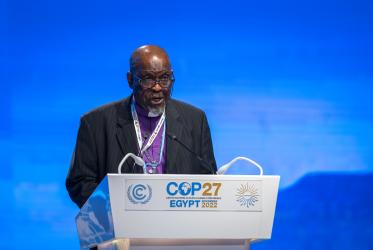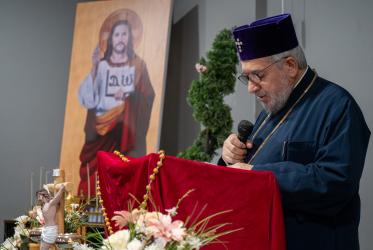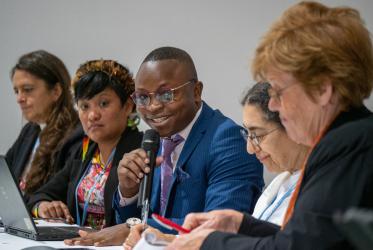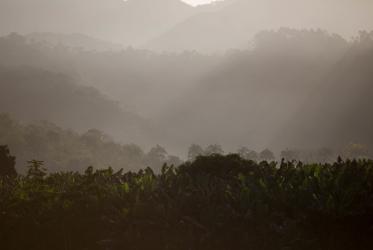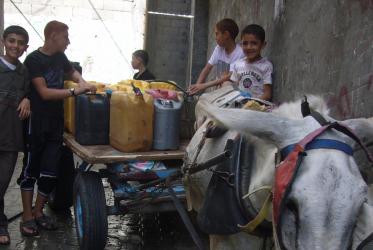Displaying 1 - 16 of 16
COP side event explores how to deliver on the promise of adaptation
16 November 2022
Protect the Amazon, urges WCC statement
22 November 2017
G20 summit: call to pray for peace in Hamburg
07 July 2017
Plans for 2017 decided by WCC Executive Committee
01 December 2016
Seven Weeks for Water 2016 to focus on Holy Land
05 February 2016
Churches engage in development dialogue on Africa
06 March 2013
